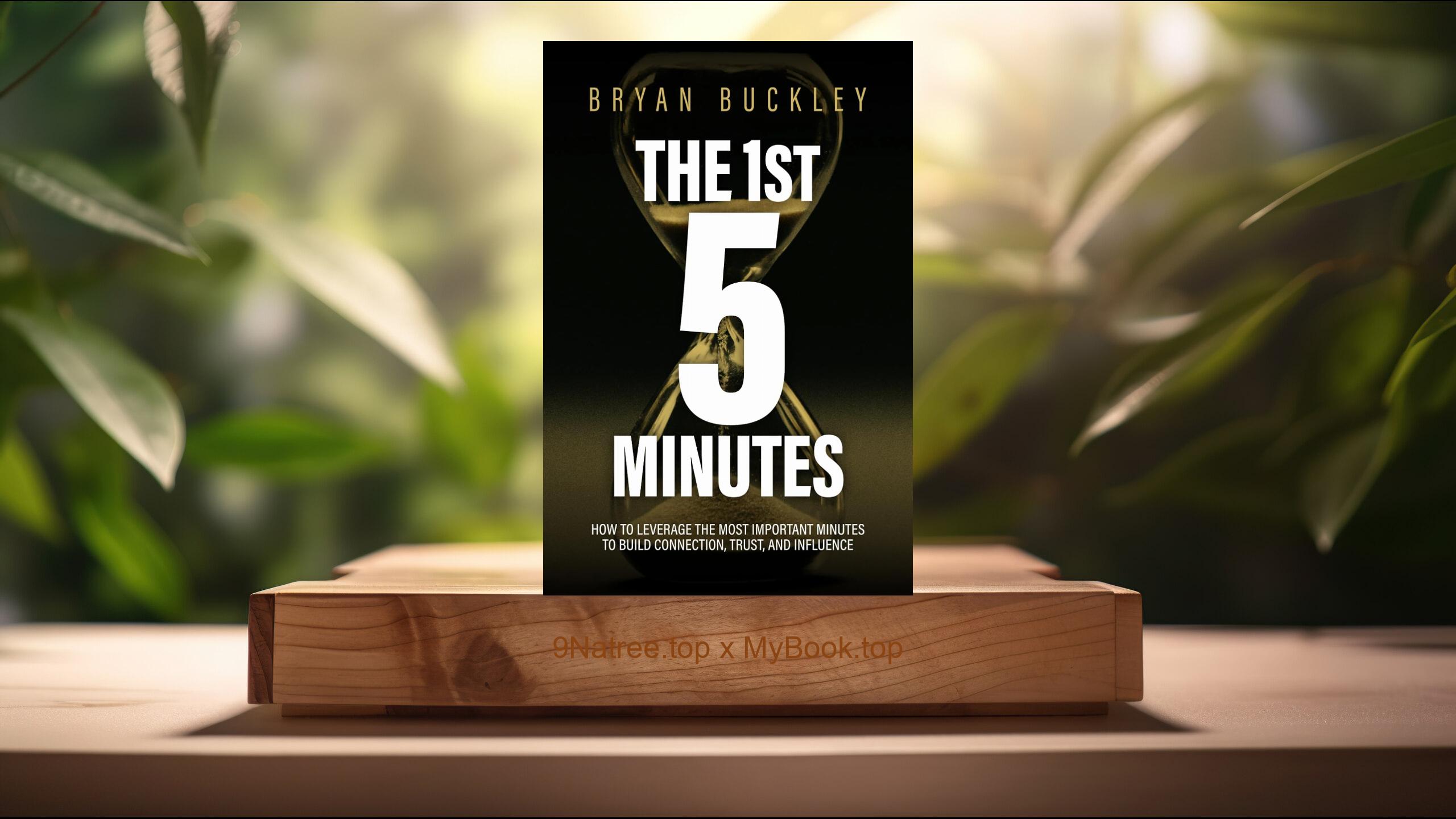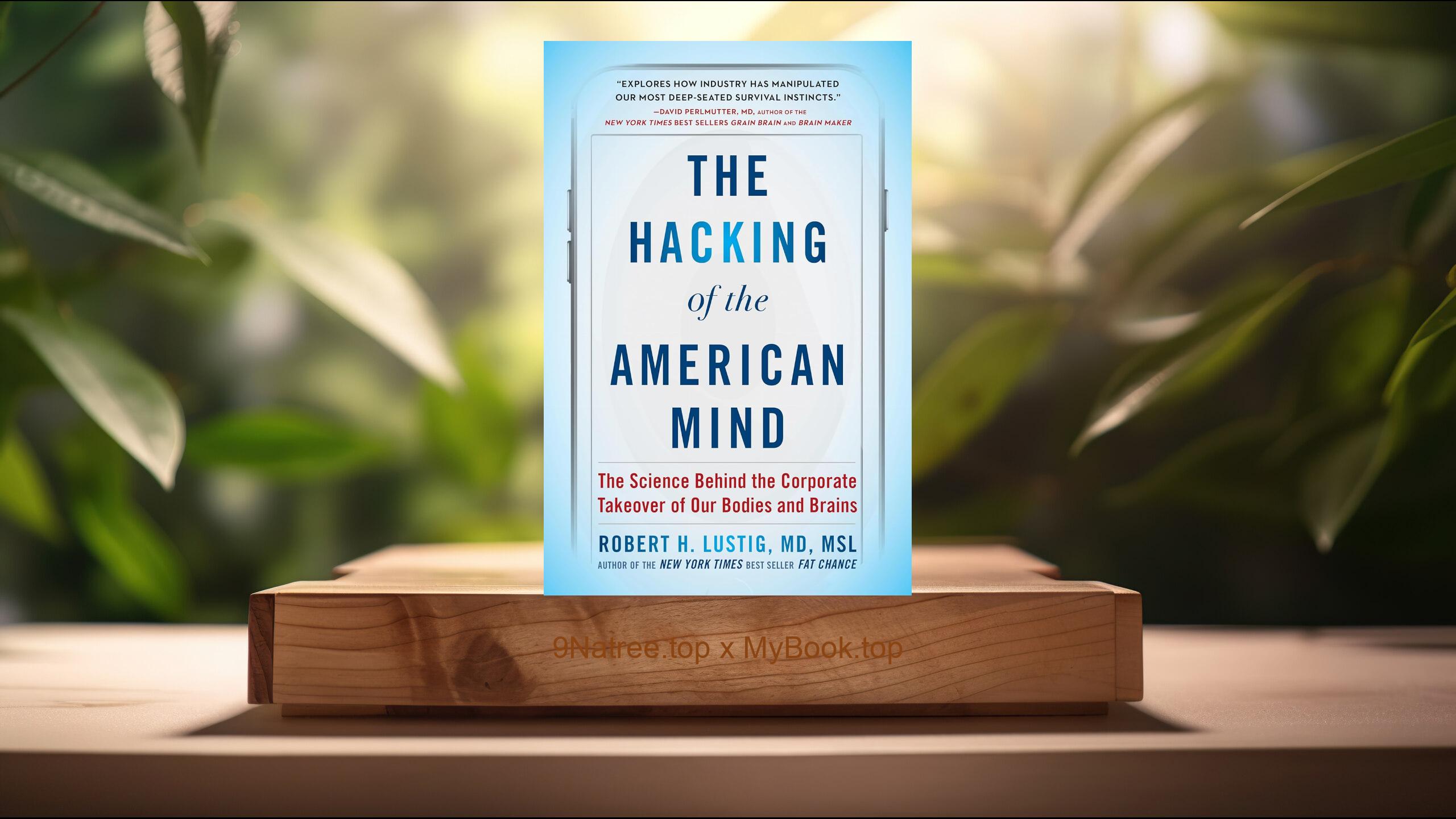Show Notes
- Amazon USA Store: https://www.amazon.com/dp/1119356296?tag=9natree-20
- Amazon Worldwide Store: https://global.buys.trade/Millionaire-Teacher-Andrew-Hallam.html
- Apple Books: https://books.apple.com/us/audiobook/millionaire-teacher-the-nine-rules-of-wealth-you/id1641991688?itsct=books_box_link&itscg=30200&ls=1&at=1001l3bAw&ct=9natree
- eBay: https://www.ebay.com/sch/i.html?_nkw=Millionaire+Teacher+Andrew+Hallam+&mkcid=1&mkrid=711-53200-19255-0&siteid=0&campid=5339060787&customid=9natree&toolid=10001&mkevt=1
- Read more: https://mybook.top/read/1119356296/
#financialliteracy #wealthbuilding #investmentstrategies #personalfinance #indexfunds #budgeting #financialeducation #moneypsychology #MillionaireTeacher
These are takeaways from this book.
Firstly, Invest Early and Consistently, One of the foundational concepts outlined in Millionaire Teacher is the importance of starting to invest early and doing so regularly. Hallam illustrates how time is an investor's greatest ally, emphasizing the power of compound interest. When you invest early, even small amounts can grow substantially over time, allowing your money to work for you. By demonstrating the impact of different investment timelines on final wealth, Hallam motivates readers to stop procrastinating about their finances. He provides practical strategies to begin investing, regardless of one's financial situation, debunking the myth that one needs a significant amount of money to start. The concept of 'dollar-cost averaging' is also introduced, which encourages consistent investment irrespective of market conditions. This steady approach not only mitigates risk but also fosters discipline in financial habits, increasing the likelihood of long-term success.
Secondly, Embrace Low-Cost Index Funds, Hallam staunchly advocates for low-cost index funds as a key component of a successful investment strategy. Unlike actively managed funds that often fail to outperform the market due to high fees and commissions, index funds offer a diversified portfolio at a fraction of the cost. The book explains how index fund investments can simplify the investment process while ensuring that investors reap the benefits of market growth. Hallam emphasizes the importance of understanding fees; even a seemingly small discrepancy can significantly impact wealth accumulation. By encouraging readers to embrace index funds, Hallam demystifies the potential barriers to investing and motivates individuals to adopt a more economically sound investment approach. He also discusses the psychological benefits of investing in funds which track the market, reducing the anxiety that comes from individual stock picking and market timing.
Thirdly, Live Below Your Means, Another pivotal rule that Hallam discusses is the necessity of living below your means. This principle challenges the societal norms of consumerism that often lead to financial strain. He argues that true wealth is a reflection of smart financial decisions rather than flashy lifestyles or material possessions. By focusing on minimizing expenses, individuals can allocate more resources towards savings and investments. Hallam provides readers with practical budgeting tips and encourages the establishment of financial priorities. He highlights the importance of distinguishing between needs and wants, advocating for intentional spending that aligns with long-term financial goals. This perspective not only helps in building wealth over time but also fosters a mindset of gratitude and appreciation for what one has, ultimately leading to a healthier relationship with money.
Fourthly, Educate Yourself About Money, Hallam stresses the importance of financial literacy as a crucial step towards achieving independence. He believes that education should extend beyond formal schooling and continue throughout one’s life to include personal finance. The book encourages readers to become ardent students of their financial destinies, urging them to seek knowledge about investments, savings, and debt management actively. Hallam discusses various resources, including books, online courses, and community workshops, making strong cases for disseminating financial education. By educating themselves, individuals can make informed decisions rather than relying on financial brokers or advisors who may not have their best interests at heart. This self-educational journey not only enhances one's ability to manage personal finances effectively but also cultivates confidence in making sound financial decisions.
Lastly, Understand Your Financial Psychology, Understanding your financial psychology is a significant theme in Millionaire Teacher. Hallam believes that our beliefs and emotions regarding money often dictate our financial behaviors. He explores concepts such as fear, greed, and the influence of societal pressures on spending and investing habits. Hallam advocates for self-reflection and awareness as tools to combat negative money habits, encouraging readers to identify their biases and learn how to overcome them. He shares relatable anecdotes and real-life examples to illustrate the emotional hurdles many face in their journey toward wealth. By aligning one’s financial behaviors with positive psychology, individuals can develop healthier relationships with money, ultimately influencing their overall financial success.
![[Review] Millionaire Teacher (Andrew Hallam) Summarized](https://episodes.castos.com/660078c6833215-59505987/images/1945903/c1a-085k3-6z13x70xtwog-lexygq.jpg)




